The race has begun for the 58th US presidential election of 2016 scheduled for November 8th 2016. Between February and June, primary elections will take place and the parties will nominate their candidates for the presidency. Meanwhile, lobbies in the US have begun calculating the cons and pros of supporting each candidate and adjusting their election and post-election strategies. Armenian-Americans, too, do not lag behind.
For so long, the Armenian lobby in the US has concentrated all of its efforts to push the successive US presidents to publicly state the G-word. Armenian organizations have been presenting this decades-long campaign as a non-political moral act to ‘heal the open wounds of the Armenians’, to use one of the clichés of the Armenian hegemonic narrative. However, this is only a part of the real motivation. In reality, this campaign has not only significant political inspirations, but also economic ones. Armenian organizations believe that an American president’s public statement of the G-word would render filing lawsuits against some insurance companies by the Armenian-Americans for the compensation of their loses during the First World War. This is why on every April 24th, certain sections of the Armenian-Americans are like cats on hot bricks.
On this background, on February 16th, the unexpected happened. Harut Sassounian, the publisher of the Armenian-American weekly California Courier and contributor to radical nationalist ARF-Dashnaksutyun’s media organs, who is an ordinary but outspoken vindictive Turkophobe, wrote “I would like to propose that from now on Armenians refrain from asking presidential candidates whether they would recognize the Armenian Genocide once elected.” To substantiate his proposal, he accused US politicians for failing to honor their promises and, as a master manipulator, argued “the Armenian Genocide has been repeatedly recognized by the various branches of the US government for many years”, leaving behind the question if so, then why for many years he has been standing on his head for lobbying for the recognition of the 1915 events as genocide by the US presidents. Instead, Sassounian proposed that Armenian-Americans should impel the US politicians for giving economic and political support to Armenia and to the occupation in Nagorno-Karabakh, and for political pressure on Turkey and Azerbaijan.[1] Surely, Sassounian’s proposal needs a holistic assessment. However, in this commentary I will stick to the first part of his proposal.
Sassounian, as a beneficiary of the ‘genocide industry’, is a person who has built his entire career on spreading hatred and seeds of enmity between Armenians and Turks. He is a man without much intellectual and analytical skills, but a loud mouth, who without the huge ‘genocide industry’ would not be a man of significance. It is apparent that the ghosts of the past that hunt him are so strong and his hatred is too deep that from time to time he advocates violence as he did following the ruling of the European Court of Human Rights on Perincek v. Switzerland in favor of the former.[2] Therefore, the U-turn of Sassounian is quite surprising.
Let’s leave aside the reasons of Sassounian’s U-turn for once and concentrate on another important aspect of his proposal. Sassounian’s proposal is significant and also promising for those who aspire for a solution to the decades-long controversy between Armenians and Turks, which have negative effects on both sides. That is so because an optimist may be inclined to think that if even a radical hater blinded by his malice such as Sassounian has come to this point, many of the reasonable Armenians in the US and other countries should have already realized that trying to pressure Turkey by forcing third parties to characterize the 1915 events as genocide would result in no good; neither normalization between Turkey and Armenia nor the long-term goal of reconciliation between Turks and Armenians could be achieved through hate, grudge and policies flawed by such poisonous feelings.
This may be a ground for optimism for the resolution of the controversy between Armenians and Turks. This is so because coming to terms with the futility of the old ways may lead to the search for realistic and rational solutions.
Let’s be optimistic. Let’s trust that reasonable people override blind haters. Let’s believe there are many more people who are willing for rational dialogue instead of argy-bargy dogfight. Let’s come together and discuss our issues with an open-mind and a self-reflexive approach.
[2] On October 20th 2015 Sasounnian in California Courier wrote the following:
Majority of the judges repeatedly claimed that since Perincek’s denial did not result in causing public disorder by the Armenian community, Swiss courts should not have convicted him. Ironically, by making such a dangerous assertion, the Grand Chamber is actually inciting Armenians to resort to violence to satisfy the Court’s requirement that genocide denial could only be criminalized if it is followed by some sort of violent reaction. Since Swiss-Armenians acted in a civilized manner by calling the police and filing a lawsuit instead of bashing Perincek’s head, they are now being told that their legal claim is invalid because they did not cause a public disturbance! (http://www.thecaliforniacourier.com/to-ban-genocide-denial-court-incites-armenians-to-commit-violence/).
By these words, Sassounian implied violence as a tool to force the courts to criminalize the rejection of the characterization of the 1915 events as genocide.
© 2009-2025 Center for Eurasian Studies (AVİM) All Rights Reserved
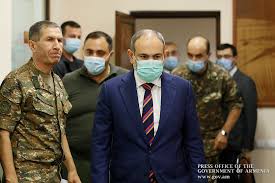 DEVELOPMENTS IN POST-2020 KARABAKH WAR ARMENIA AND THEIR IMPLICATIONS - II: THE BRAWL BETWEEN PASHINYAN AND THE GENERAL STAFF
DEVELOPMENTS IN POST-2020 KARABAKH WAR ARMENIA AND THEIR IMPLICATIONS - II: THE BRAWL BETWEEN PASHINYAN AND THE GENERAL STAFF
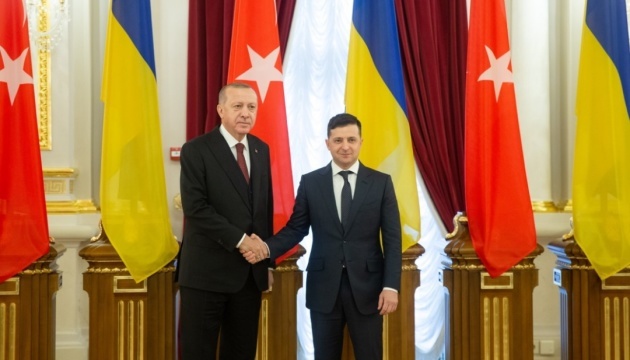 THE ‘ARMENIAN QUESTION’ IN UKRAINE - I: A POTENTIAL PROBLEM IN A PROMISING RELATIONSHIP BETWEEN TURKEY AND UKRAINE
THE ‘ARMENIAN QUESTION’ IN UKRAINE - I: A POTENTIAL PROBLEM IN A PROMISING RELATIONSHIP BETWEEN TURKEY AND UKRAINE
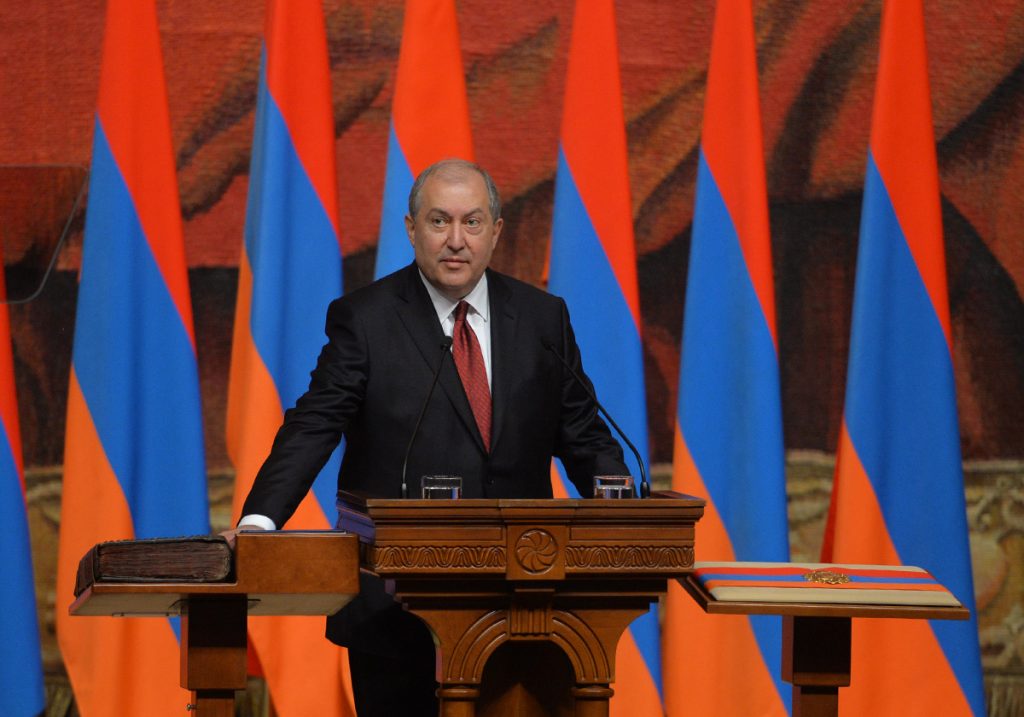 THE INAUGURATION SPEECH OF THE NEWLY ELECTED ARMENIAN PRESIDENT ARMEN SARKISSIAN: MORE OF THE SAME IDEOLOGICAL OUTLOOK
THE INAUGURATION SPEECH OF THE NEWLY ELECTED ARMENIAN PRESIDENT ARMEN SARKISSIAN: MORE OF THE SAME IDEOLOGICAL OUTLOOK
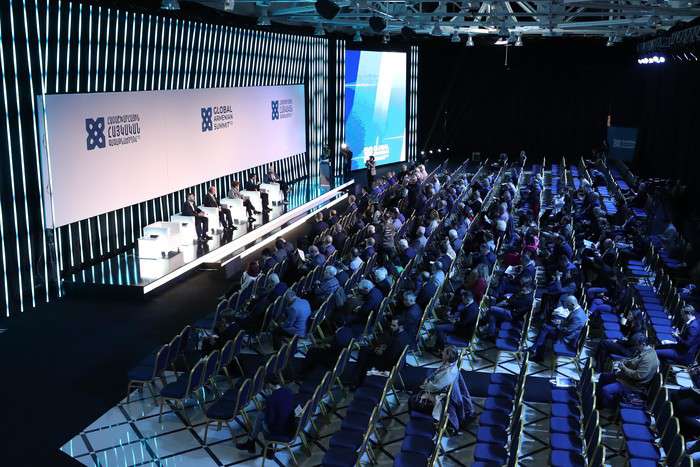 YET ANOTHER ARMENIA-DIASPORA SUMMIT: CONSTANT DEJA VU
YET ANOTHER ARMENIA-DIASPORA SUMMIT: CONSTANT DEJA VU
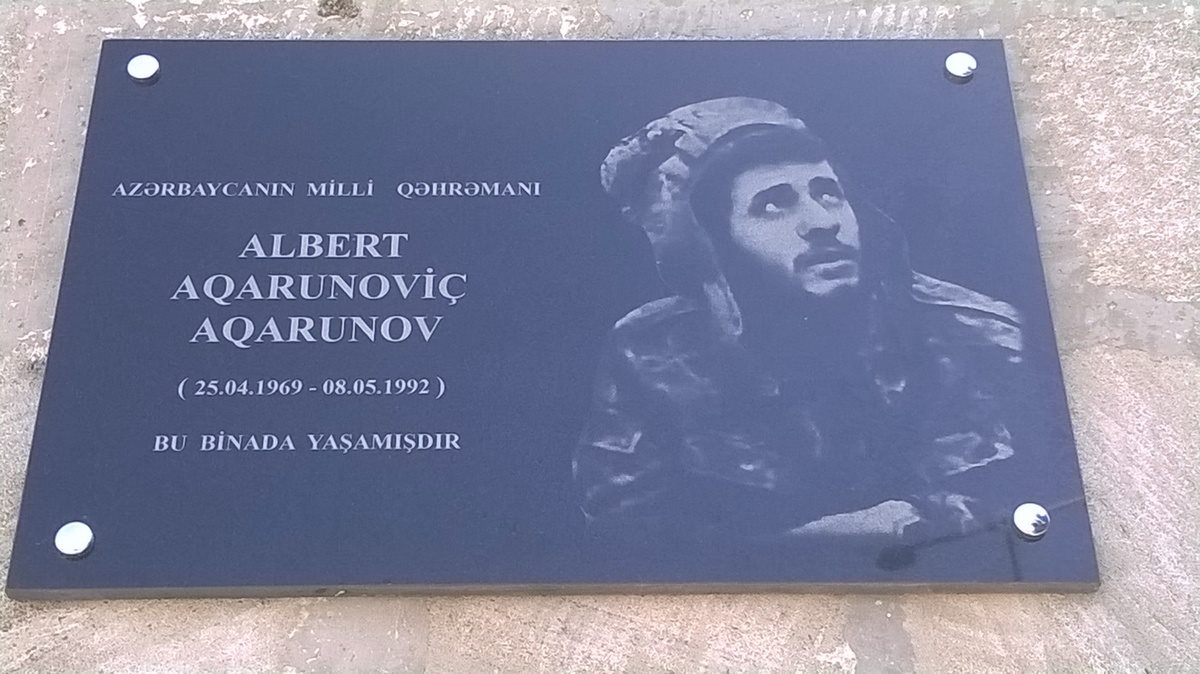 THE INSIGHT INTO THE APPEAL OF THE DE FACTO AUTHORITIES IN KARABAKH TO THE ‘ETHNIC MINORITIES’ OF AZERBAIJAN
THE INSIGHT INTO THE APPEAL OF THE DE FACTO AUTHORITIES IN KARABAKH TO THE ‘ETHNIC MINORITIES’ OF AZERBAIJAN
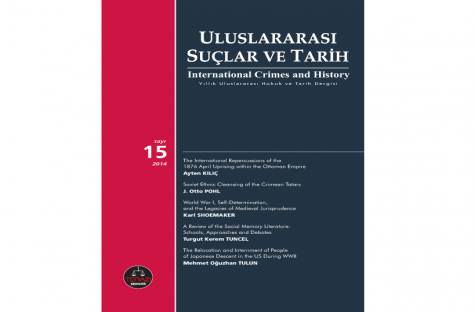 CALL FOR PAPERS - INTERNATIONAL CRIMES AND HISTORY SPECIAL ISSUE: CRIMEAN TATARS UNDER RUSSIAN IMPERIAL AND SOVIET RULES
CALL FOR PAPERS - INTERNATIONAL CRIMES AND HISTORY SPECIAL ISSUE: CRIMEAN TATARS UNDER RUSSIAN IMPERIAL AND SOVIET RULES
 AUTHORITARIANISM AND THE WEST’S DILEMMA
AUTHORITARIANISM AND THE WEST’S DILEMMA
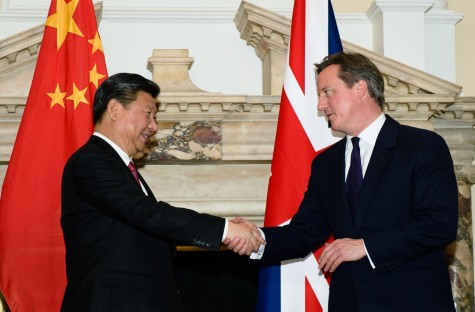 THE “GOLDEN ERA” OF CHINA-UK RELATIONS
THE “GOLDEN ERA” OF CHINA-UK RELATIONS
“GENOCIDE” LAW IN GREECE
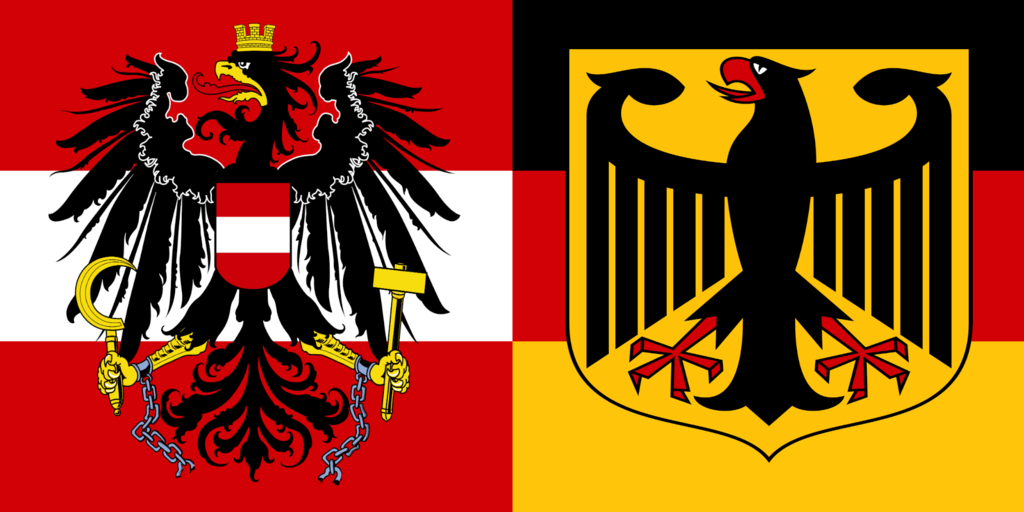 GERMANY ENDS INTELLIGENCE SHARING WITH AUSTRIA
GERMANY ENDS INTELLIGENCE SHARING WITH AUSTRIA




























